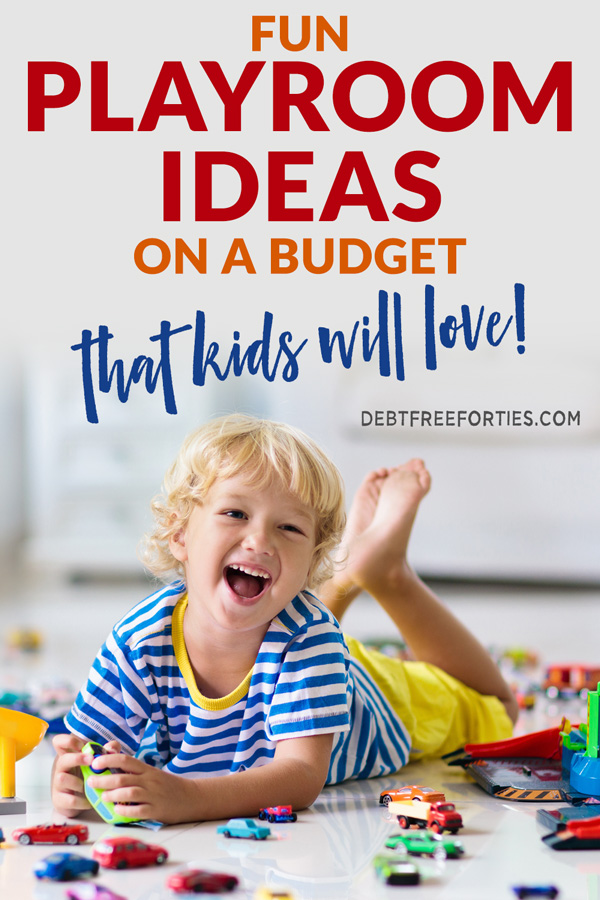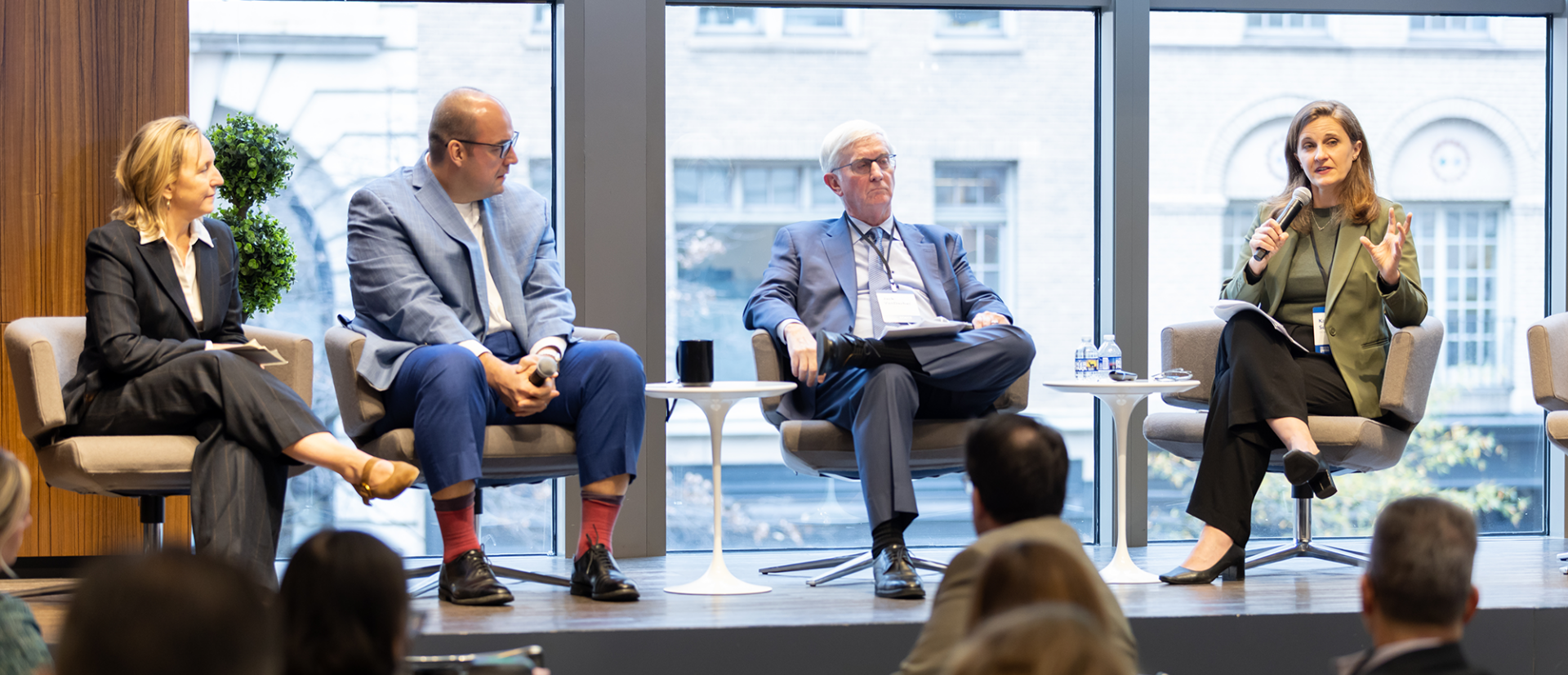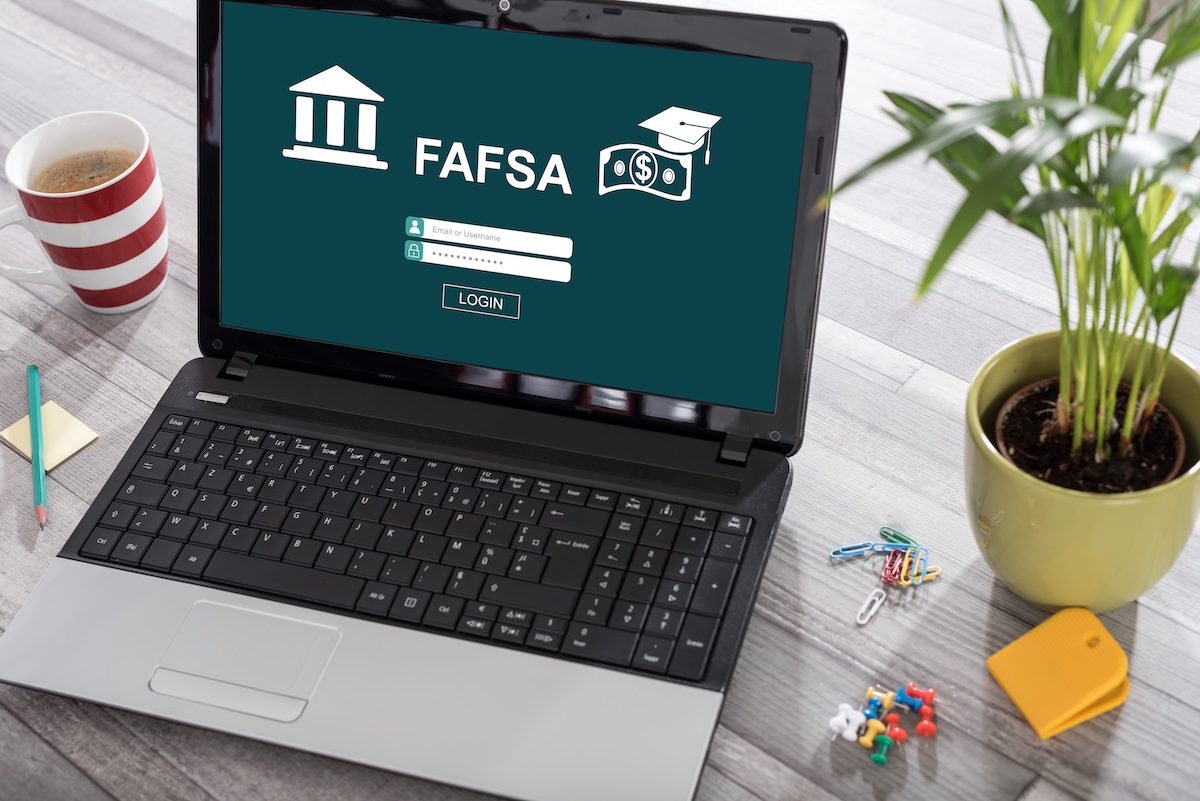Saturday, February 21, 2026
Looking for great playroom ideas on a budget? These tips will help you create a beautiful area for your kids to grow in a fun and organized playroom without spending too much. With some planning and shopping around, you can easily create a beautiful playroom on a budget.
Play is incredibly important for kids of all ages. Not only does it encourage socialization, but emotional, physical, and cognitive development as well. Plus, it’s an excellent way to help kids build their imaginations and learn problem-solving as well.
Also, while play is vital to growing up, clutter doesn’t need to be. It’s helpful to have a designated zone to keep all the kids’ toys in one spot (hopefully not strewn throughout your personal space!). Keeping toys and play separate from the rest of the house is beneficial because:
By using these playroom ideas on a budget, you’ll create a space that your kids love, can learn in, and can safely play in as well.

Since we understand the significance of play and having a designated area, let’s discuss the top playroom ideas on a budget. Despite what popular parenting magazines would have you believe, playrooms can be affordable. While it can be fun to get caught up in the shopping and organizing, expensive toys, bins, or furniture aren’t necessary to create a lovely space.
Remember, with kids, less is more. Giving them more room to play, exercise, and create not only gives them the playroom of their dreams but also helps your wallet.
Playrooms can be decorated, arranged, and organized in any way that makes sense for your family. There’s no right or wrong way to do it – unless you spend too much on stuff you can’t afford.
Saving a lot of money on setting up a playroom is easy. To start, you’ll need to follow some essential steps:
Decide which items to include in the playroom, like toys, books, craft supplies, exercise equipment, dress-up clothes, and more. Knowing what you need to make room for gives you a better idea of what space to create.
You can break the area into sections based on what type of items you’ll include in the playroom. For example, if you have books, you can create a reading nook with a bean bag and shelves. You might want a clothes rod with hangers and a mirror if you have dress-up clothes.
I like to prioritize my list so that anything I have to have is at the top and less critical, nice-to-have items are at the bottom. That way, you can put more of your budget towards essential items.
Researching is by far the best part in my opinion, besides building things. Now that you know your playroom priorities, do some digging on Pinterest to find playroom ideas on a budget and a great idea or two for each of your must-haves.
For our playroom, I knew we’d want bins to organize all of their board games and toys. While I needed to figure out precisely what type of bins or shelves we needed, researching helped me to determine which type of storage made the most sense for us.
It’s essential to have a budget for any home improvement project. Without one, you’ll end up overspending and regretting it when the credit card bill comes in. Remember, you can always start small and build as you go – there’s no rule saying you must immediately have the playroom in tip-top shape.
While everyone’s budget varies, here are some things to think about while setting yours:
Remember, this is a process, and it doesn’t have to be completed all at once. Have fun with it!
The best playroom ideas on a budget are often found by thinking outside the box. Sure, we could all hustle over to Pottery Barn and buy the perfect setup, but it’s not always realistic or affordable. Consider shopping outside of the regular stops to see if you can find ways to stretch your budget even more. And consider new and different ways to find playroom ideas on a budget like these:
Ottomans are perfect for a fun playroom because they are both seating and storage. Same with bean bag chairs that can be stuffed animal storage as well.
Trust me when I say the kids will have enough toys, games, and craft stuff to fill the spot. The less additional clutter, the better!
Sure, we all love a cute-themed room, but that’s only sometimes doable on a budget. Plus, you want a space that will grow with your kids. Being flexible on colors means you can find discounted paint in the oops section at Home Depot or a rug on Facebook Marketplace. Trust me; your kid won’t remember the room for its incredible matching decor – they’ll remember all the fun they had there with their siblings and friends.
Repaint furniture, build shelves, and repurpose items from other rooms. Half the fun is figuring out creative solutions for your playroom without going the boring, pre-made route. Some fun projects to try are sewing cushions, sanding and painting a dresser with chalk paint, or creating a rug out of old bedsheets.
For kids, the toys are the only decor they really need. They won’t melt if everything isn’t matchy-matchy, and chances are they won’t even notice if it is. If you do insist on including decor, make it functional and fun. Use chalkboard paint to create a wall to draw on or re-stickable wall decals so they’ll get to play with them and see them. Or repurpose items from their bedrooms to help decorate the space.
Kid-sized furniture is only suitable for a short time. Find pieces that can grow with them or adjust, like this fun table with adjustable legs.
The good thing about kids’ stuff is that they outgrow it – and people are always trying to get rid of it. Often used kids’ items are practically new and much cheaper than what you’d get at a regular store. Some common places to find quality playroom items on a budget are:
If you’re lucky enough to think that far ahead – you’re amazing! Adding playroom items to your registry can help offset the cost and help others get your family items they need.
Chances are, you know someone with a rug or table they want to get rid of that would be perfect for your playroom. Be bold and ask around and see what someone might want to get rid of!
The key to a great playroom is to avoid filling it with useless junk that’ll only get played with once. Consider your kids’ interests and add items they’ll love and items that’ll help keep them organized.
I am still waiting to see a kid’s play set that doesn’t include a bazillion tiny plastic bits and small toys. Thank goodness for storage bins! Easy storage is key for helping your kids learn organization skills and keep the area picked up. There are a ton of great playroom organization ideas, including:
Remember to choose simple storage that’s durable, easy for kids to open, and within your budget.
Whether it’s a removable rug or foam floor tiles, having a floor that’s easy to clean and remove is essential in a kid’s playroom. Adding flooring that can be thrown in a washer or hosed down can be helpful when snack time or crafting goes awry.
Foam tiles or rugs can help when the playroom is in the basement. Not only does it block the cold from a concrete floor, but it can provide extra padding in case of slips or falls.
These big toys help create critical sections of your playroom. They can be things like:
You’ll want to include your kids in deciding on focal point toys and their main activity areas. These points are a great spot to include them in the decision-making process and have them help with setting up the playroom.
Having these bigger toys can bring a small space to life. We added a kid’s sized trampoline and a pod swing to ours, which made the space even more enjoyable.
Talk with kids and take a vote as to which types of activities they love the most. Then, incorporate them into the space by making a corner just for that activity. Keeping activities in dedicated areas helps keep the room organized and gives everything a place to be. Some activity areas to consider are:
Playrooms need to be a comfortable place, and various types of seating can help. Consider adding not only chairs but floor seating as well. An easy DIY is to create floor cushions or bean bags that are easy for little hands to move throughout the area. Plus, benches and ottomans can double as storage, so it’s a win-win!
Last, and possibly most important, is your wall space. Not only can you use it for storage but also for decoration and activities:
Most playrooms are small, so using all space – including the vertical parts – is a perfect way to keep it organized and playful.
Depending on your preference, stick to bright colors for the walls to stimulate kids. Or, you can keep it muted and neutral for a more minimalist feel. There’s no wrong answer, but adding color to walls with washable paint can help to personalize your kids’ playroom to a place they love.
To get the most out of a small playroom, you’ll want to ensure you have multi-functional items. Seating that is also storage is a great option, such as bean bags for stuffed animal storage or ottomans. Making sure to use wall space as well, by hanging shelving or hooks, can help to create more space to store items.
Another good option to save space is to buy furniture that can fold down or compress. Think of chairs that fold or a wall-mounted table that can be laid flat against the wall. Furniture that’s easy to shuffle around helps to keep the floor space open when not in use.
To make a minimalist playroom, you’ll want to start by decluttering the toys. Get rid of toys that are broken or outgrown. Also, consider rotating out toys to make sure you have enough space. You can put half of the toys in a closet or storage to do this (though, if you need a storage unit to keep the extra toys, you might want to give decluttering another shot). Every 3 – 6 months, you’ll rotate out the toys to keep the kids interested and the clutter to a minimum.
Other inexpensive ways to make your playroom minimalist are to keep the colors in the room neutral and the decor simple. Making sure you have lots of storage to put toys and games away and out of sight can always help to keep the room clean and not visually busy.
If you don’t have a spare room to create a play area, your kids’ room or a corner of the living room can be the perfect spot to pull double duty. Playrooms don’t have to be an entire room within your house. As long as they serve their purpose of giving kids a spot to relax and have fun, a play area can be anywhere!
However, if you are building your playroom in a shared space, such as the living room, be sure to use lots of storage. Having the kids put everything away where it belongs after playing is a great way to teach them to pick up and keep common areas clean. (Their future spouse will thank you for teaching them to pick up after themselves.)
Playrooms can be the best way to inspire kids to be creative and use their imagination – as well as help them easily find all their toys. But creating the perfect play area doesn’t have to be expensive. By thinking outside the box and using these playroom ideas on a budget, you’ll have a personalized space they love set up in no time!
Do you have any other playroom ideas on a budget that you’ve tried and loved? Let me know in the comments below! Or, learn more about debit cards for kids or financial literacy lessons for kids.

If your bills feel unmanageable, you aren’t alone. Recent reports found that 30% of people are less able to afford bills today than they...

Blog Posts Archives UnfavoriteFavorite February 20, 2026 Financial Security Program A collaboration of Aspen Institute Financial Security Program and the...

Colleges are navigating enrollment pressures, renewed federal oversight, and growing scrutiny around how families finance higher education. This week’s developments...